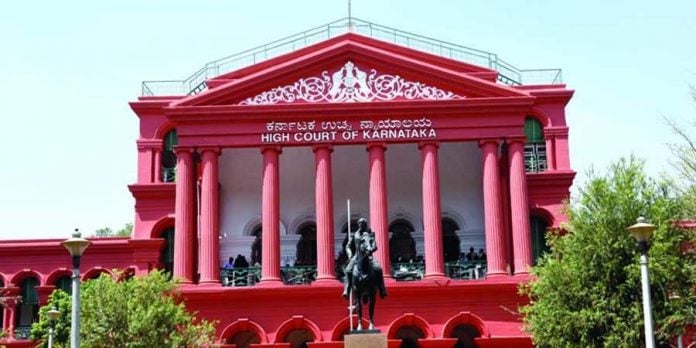The Karnataka High Court has directed the state government to hold a meeting with taxi aggregators and explore the possibility of reaching a consensus on the fare to be charged for auto rickshaw services through their apps.
The Single-Judge Bench of Justice M.G.S. Kamal issued the direction on Thursday on petitions filed by ANI Technologies (owner of Ola) and Uber, seeking quashing of the notice and order issued by the State Transport Department, as well as directions to the state government, not to interfere in their operations with respect to aggregation of auto rickshaw cabs.
Taking cognisance of complaints by commuters, who alleged that the apps charged Rs 100 even for the first two kilometres, as opposed to the government-approved fare of Rs 30, the Karnataka Transport Department had issued a notice to aggregators such as Ola, Uber and Rapido on October 6, banning them from booking auto rickshaws on their apps.
Subsequently on October 11, the Department had issued another order, directing the taxi aggregators to stop the auto rickshaw cabs immediately.
The petitioners informed the Court that they were given only three days for an explanation post the notice which, according to them, was not an adequate or reasonable period to respond on the issue.
On charging fares higher than those approved by the government for auto rickshaws, the petitioners contended that they have a right to collect service charges for value-added services to the public as well as operators, and argued that there was no restriction in the rules on fares.
They further questioned the claim of the state government that the Karnataka On-Demand Transportation Technology Aggregators (KODTTA) Rules permitted only cars and not auto rickshaws through their apps.
They said the KODTTA Rules permitted aggregation of a ‘taxi,’ which has been defined as a ‘motor cab’. It was no longer res integra that an auto rickshaw was a motor cab.
As per the petitioners, both the notice and the order were vague and did not provide any justifiable reasons for banning the aggregation of auto rickshaws on the platform. Both were passed without any consideration or prior consultation with the stakeholders.
The petitioners alleged that the respondents resorted to both the notice and the order, only after being subjected to political and media pressure.
They further said that though they have applied for licence for aggregation of auto rickshaw cabs, they apprehended that the authorities might not consider them in a time-bound manner to unlawfully prohibit them from running their businesses.
Senior Advocate Aditya Sondhi appeared for ANI Technologies.
(Case title: ANI Technologies Pvt Ltd vs State of Karnataka)


